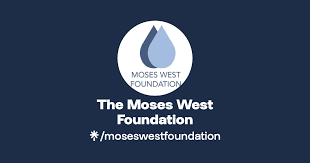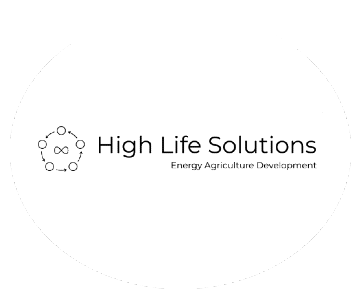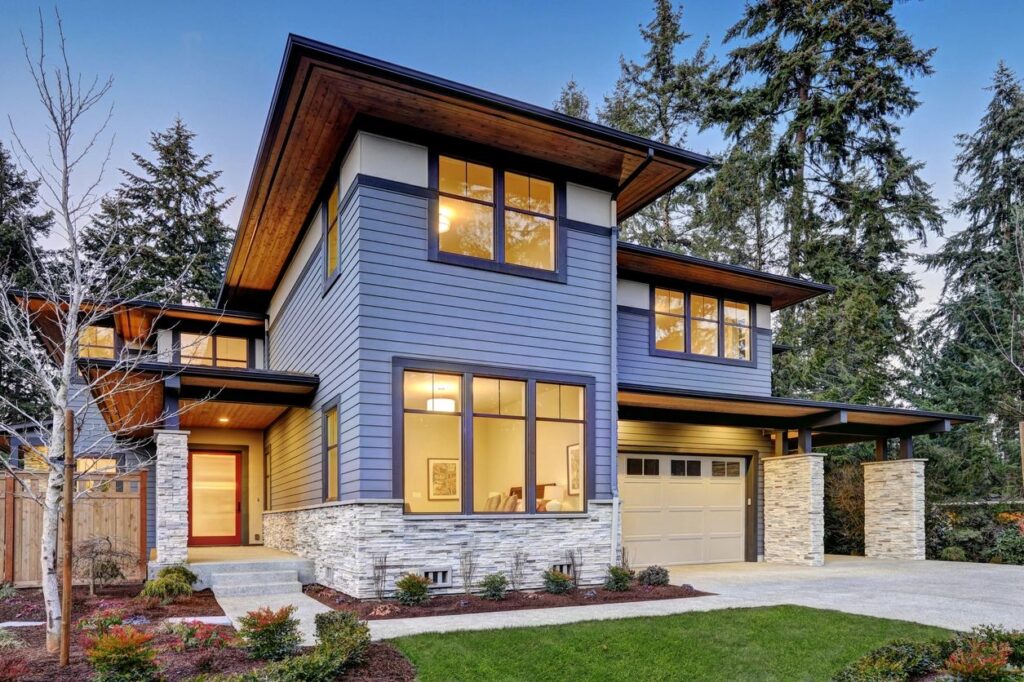
Green Affordable Housing Project 2025
Funding campaign has begun
Affordable housing plays a critical role in alleviating childhood poverty, which is a fundamental issue affecting future generations. Research indicates that when children are able to relocate to neighborhoods with lower poverty rates, they tend to experience significantly better economic outcomes as adults. This transition is vital, as it not only provides immediate stability but also fosters access to quality education, safe environments, and social networks that can enhance life opportunities. Furthermore, the economic implications of affordable housing are substantial; the U.S. economy incurs an estimated $2 trillion loss annually due to a shortage of such housing. By increasing local tax revenue and generating income through various sectors, affordable housing stimulates economic growth and creates numerous job opportunities in construction, architecture, and property management, among others. This multifaceted approach not only bolsters individual livelihoods but also strengthens community infrastructure.

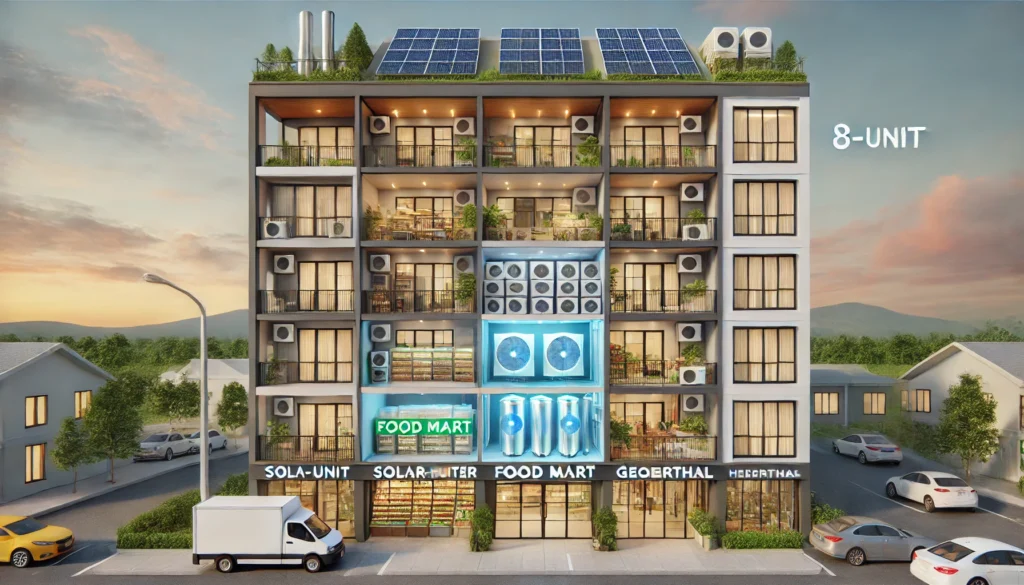
In addition to its economic benefits, affordable housing has profound implications for health and personal security. Improved living conditions can significantly mitigate health risks, such as asthma and other chronic illnesses, by eliminating environmental hazards often found in substandard housing. Families are then able to redirect their financial resources towards essential needs like food and healthcare, ultimately enhancing their overall well-being. Furthermore, affordable housing serves as a crucial lifeline for survivors of domestic violence, providing them with a safe space to heal and rebuild their lives. The choice of neighborhood directly impacts access to quality schools, exposure to violence, and the formation of social networks, underscoring the importance of stable housing in fostering healthier, more resilient communities. Thus, investing in affordable housing is not just a matter of economic necessity, but a vital strategy for promoting social equity, environmental Justice and public health.
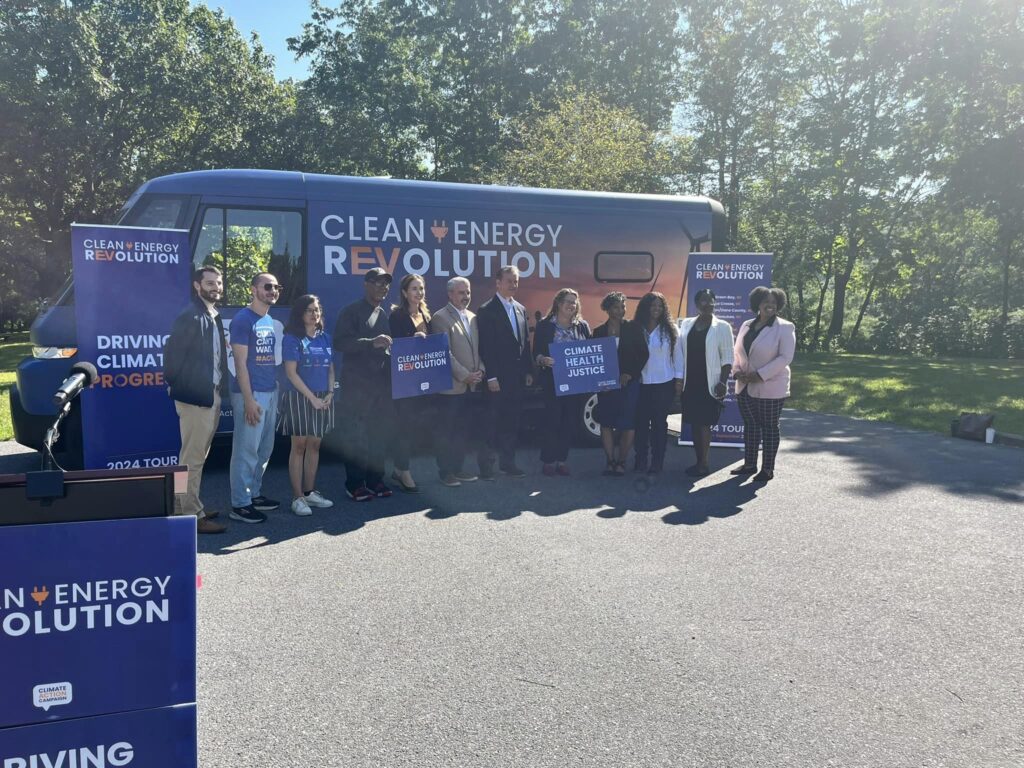
This Initiative is a collaborative effort among stakeholders that aims to develop affordable housing that integrates essential social services without residential restrictions, promoting sustainable agricultural practices as it enhances food security and reduces reliance on external sources. Additionally, the inclusion of energy-efficient technologies ensures that these developments promote sustainability. Overall, this initiative addresses affordable housing and food insecurity while fostering community resilience and empowerment, creating a replicable model for other regions.
The affordable housing project as championed by Congressman Cartwright:
https://cartwright.house.gov/news/documentsingle.aspx?DocumentID=393387Affordable housing partners at the last innovation event.
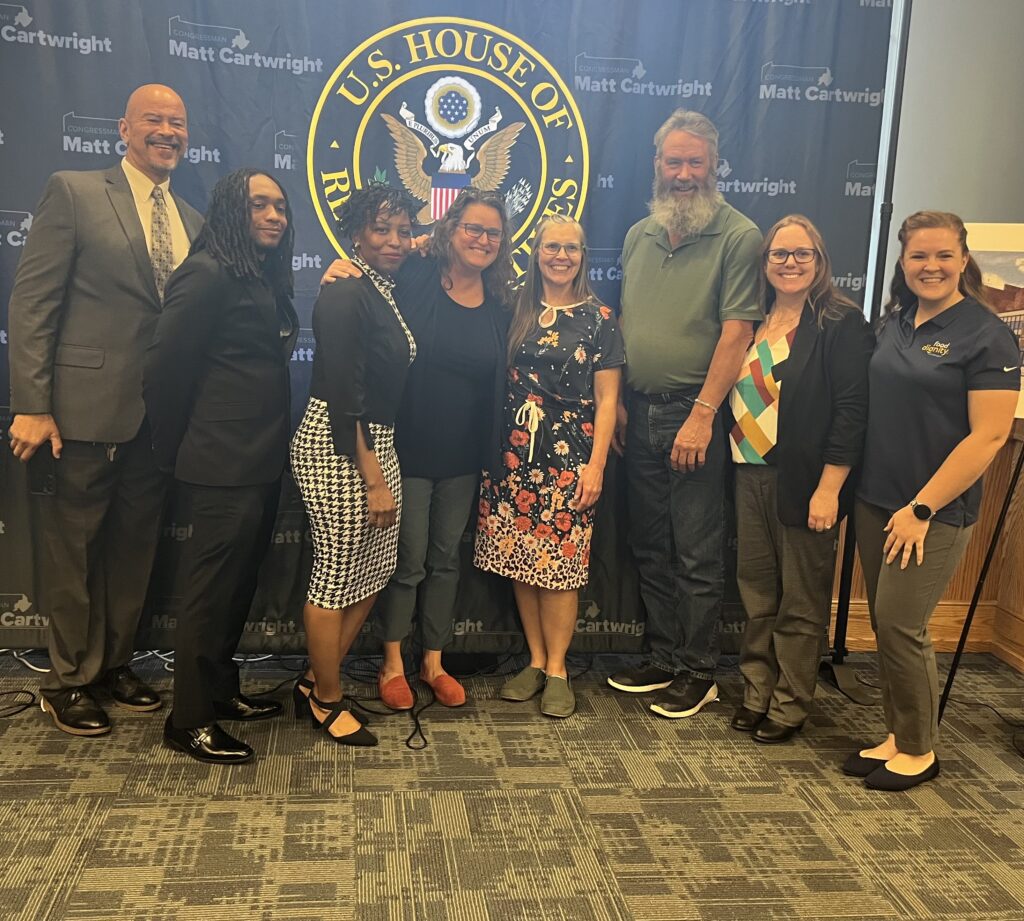
Below are some of our energy and non-profit partners:
